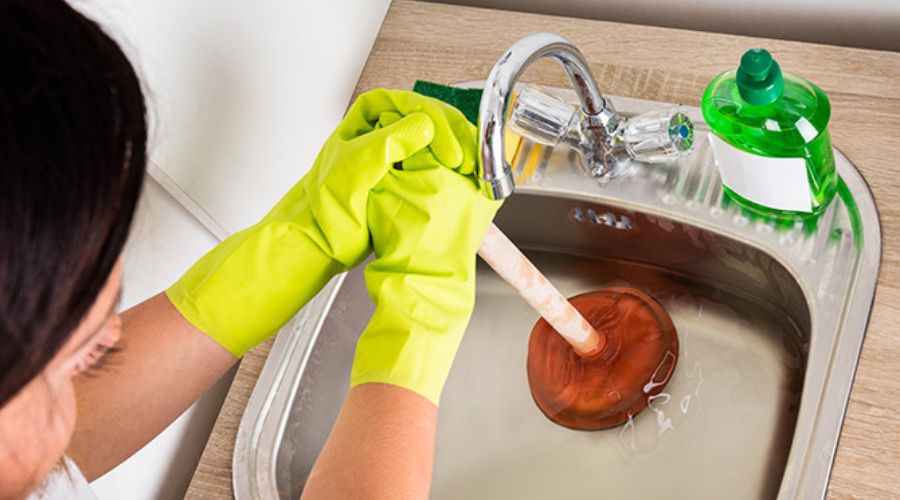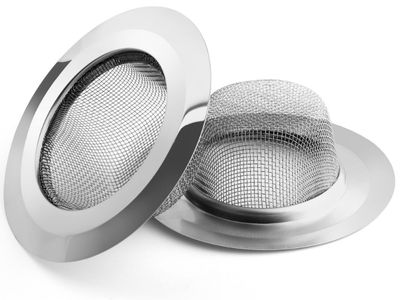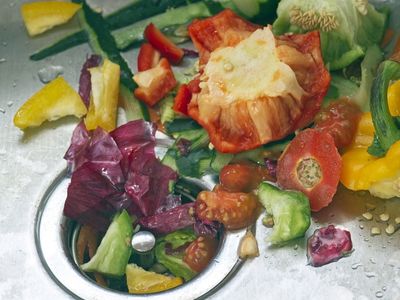
No More Clogged Drains!
Drain clogs are one of the most common plumbing problems homeowners have to deal with - and they’re also one of the most annoying! Anyone who’s spent time trying to unclog a drain knows it’s often easier said than done. Chemical drain cleaners aren’t reliably effective and can damage the plumbing, while store-bought drain snakes can be frustrating and messy to use.
For these reasons, most homeowners would agree that it’s better to prevent clogs than to unclog drains. And the good news is, it’s also easier! This article will discuss three tried and true methods for avoiding drain clogs that require minimal effort.
Routine Professional Drain Cleaning
The first way homeowners can help prevent clogs is to schedule routine drain cleaning with a professional plumber. Plumbers use effective methods such as hydrojetting to remove the obstructions and nasty buildup that causes clogs.
The general rule of thumb is to have the drains cleaned every 1-2 years, depending on several factors like how many people live in the home, how hard the water is, and how old the plumbing system is. In some cases, basic drain cleaning is included in professional plumbing maintenance (which should also be done annually or semi-annually). Homeowners can ask their local plumbers how often their particular plumbing system should receive drain cleaning.
Drain Screens
 Another simple way for homeowners to avoid clogs is to use drain screens or filters in their drains. These simple devices sit inside or on drains and capture debris while letting water pass through. Some have slightly larger holes or slits, while others are made from mesh and can capture even tiny bits of debris.
Another simple way for homeowners to avoid clogs is to use drain screens or filters in their drains. These simple devices sit inside or on drains and capture debris while letting water pass through. Some have slightly larger holes or slits, while others are made from mesh and can capture even tiny bits of debris.
Mesh drain screens are particularly helpful, especially in the kitchen sink and shower drains, because they allow homeowners to see what would normally get washed down the drain - and it’s typically much more than they might think. But no matter what type homeowners choose, drain screens can capture most of what would have gotten stuck in the drain pipes and caused clogs.
Avoid Disposing of Grease and Food Waste Down Drains
 The third method for preventing clogged sinks and drains is to minimize how much food waste and grease goes down the drains. These materials typically only get sent down the kitchen sink, but this applies to all drains. Little bits of food waste commonly get stuck in P-traps and drain pipes, even if the home has a garbage disposal. Certain types of food waste are particularly insidious and should always be put in the trash if possible. Examples include coffee grounds, potatoes, melon rinds, seeds, cheese, rice, and fibrous veggies like celery.
The third method for preventing clogged sinks and drains is to minimize how much food waste and grease goes down the drains. These materials typically only get sent down the kitchen sink, but this applies to all drains. Little bits of food waste commonly get stuck in P-traps and drain pipes, even if the home has a garbage disposal. Certain types of food waste are particularly insidious and should always be put in the trash if possible. Examples include coffee grounds, potatoes, melon rinds, seeds, cheese, rice, and fibrous veggies like celery.
But as bad as these foods can be, one of the most common causes of clogs is cooking grease. This is because oil and cooking grease usually make their way down the drain in liquid form, but as they cool and solidify, they form a clog in which other bits of debris easily get stuck. This can gradually create a stubborn clog that will require professional drain cleaning and hydrojetting to be removed entirely.
So instead of putting grease and food scraps down the sink, homeowners should dispose of these in the garbage. Combined with the other methods listed above, this will help keep the home’s drains flowing freely and prevent clogs.
About JD Precision Plumbing Services
JD Precision Plumbing Services are friendly, knowledgeable experts serving Spring, TX, and the surrounding areas since 2010. They provide upfront pricing, financing, and strong communication. Call them today for drain cleaning services in Spring, TX.

